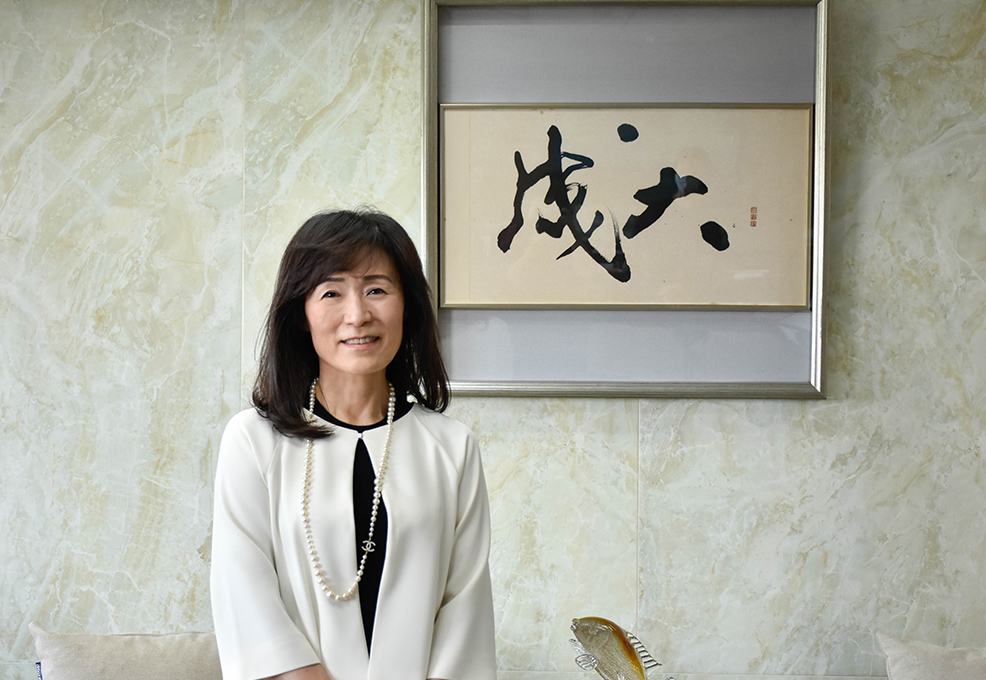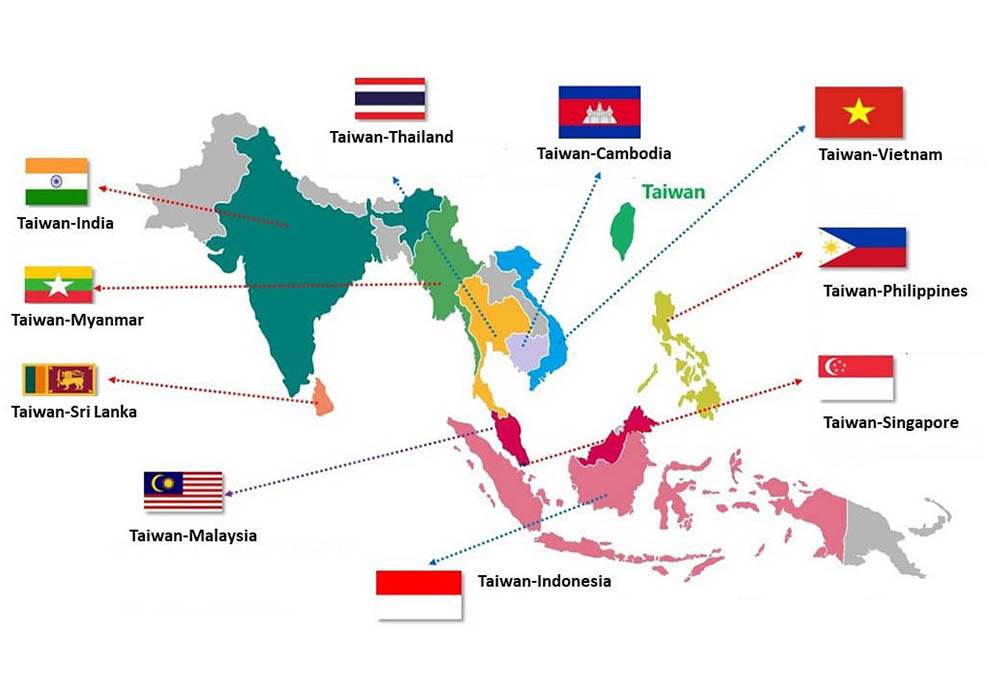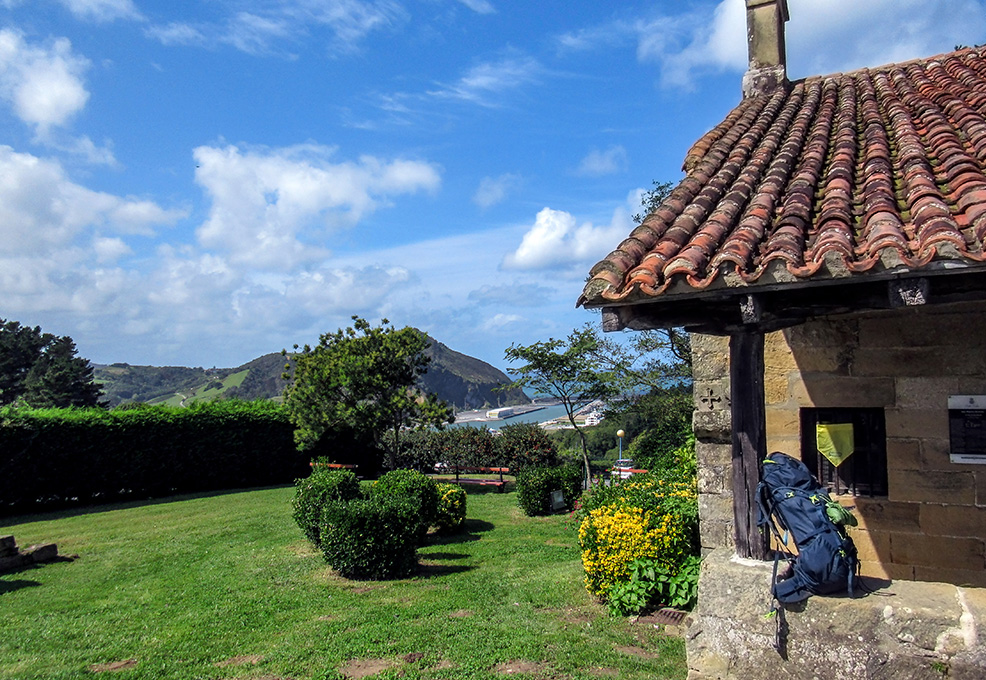New Southbound Policy Strengthens Taiwan’s Collaboration with Southeast Asian Country

- HUMANITIES & SOCIAL SCIENCES
- Interview
- April 24,2020
“There are approximately eleven thousand QR codes on National Cheng Kung University (NCKU) campus, even chairs in the meeting room have their own QR code for people to scan!” Huey-Jen Su, the President of NCKU, said proudly. First in Taiwan, NCKU designed positioning codes to track people’s routes on campus in order to create a tighter safety net for faculty, students and visitors on campus.
NCKU had the first university COVID-19 confirmed case in Taiwan, yet the university is able to remained normalcy by taking a series of highly efficient actions on epidemic prevention. Learning from the successful experience, GASE had an exclusive interview with President Huey-Jen Su on the NCKU’s best practices.
Thorough preparation: activate COVID-19 health education, postpone school session and organize distance teaching
President Su revealed that from the start of the epidemic, the university has set goals on providing a safet campus from being affected by COVID-19. With an ScD in Environmental Health Sciences at Harvard University, she humbly credited the outcome of epidemic prevention to the solid team in the university.
Although not specializing in infectious disease research, President Su took quick and precise action at the beginning of January. She claimed that “the [university’s] first faculty and staff education training this year was COVID-19 health education! Taiwan at the time had no confirmed cases before winter vacation, but I wanted to ensure everyone on campus has enough knowledge and information to protect themselves and others. Therefore, I invited infection control specialists at NCKU Hospital to lecture the security staff and made an inventory on the amount of personal protection equipment in stock. We started the winter vacation with the adequate preparation and training.”
As the COVID-19 continues to spread, NCKU held an epidemic prevention meeting right after Lunar New Year and announced to delay the start of school. Unlike most of the universities in Europe and America that have suspended in-person classes and replaced with online distance learning, universities in Taiwan combine both in-person and online learning. More than three hundred courses in NCKU are now online as a contingency plan for possible expansion of COVID-19, including forty distance learning courses, which is four times in number compared with last year. President Su pointed out that the challenge with online distance learning is people’s adaptation of the new form of education with novel technology, rather than the infrastructure itself. Since the most meaningful part of on campus learning is the peer-to-peer interaction. Furthermore, professors have to develop a more creative pedagogy to better engage students and support them.
Epidemic investigation: precise and detailed on campus routes data
Being the first university in Taiwan with the confirmed case, NCKU is praised by the public with their quick action to stop campus-wide spread. When NCKU received information on COVID-19 positive case at 11 p.m. on March 16, the university immediately contacted the Division of Infection and Nursing Department at NCKU hospital to discuss investigation plan. In order to stop the virus to spread, the university sent out emergency text messages in the early morning on March 17 to inform students that took the same classes with the case to self-quarantine and take online learning courses.
President Su said that the university has established a scanning system to track every student, staff and visitor’s routes on campus. Everyone is required to fill the “health investigation questionnaire” and scan specific QR-code before entering buildings, meeting rooms, lecture rooms and even common areas on campus. “The university promised students and teachers that these data are only used on epidemic prevention. We adjusted the questionnaire several times to fit the current status of COVID-19. Meanwhile, we also had a great knowledge of more than two thousand people’s travel history and routes for epidemic control use,” she added.
Taiwan is helping: providing effective social media communications to integrate University Social Responsibility (USR)
Facing a long-term battle, NCKU is working ceaselessly on virus prevention on campus while integrating better USR. Apart from software technology, such as the routes tracking system mentioned earlier, NCKU also used social media to communicate with the public. Since the end of March, the university combined mental health counseling, academic, and research sources on campus to hold livestream talks online, such as “COVID-19 professional seminar” and “Living with virus: disease relation with technology, control, and society.” On April 21, the Ministry of Science and Technology, Ministry of Education and Ministry of Health held an online international forum focusing on the 2020 COVID-19. The forum aimed to share epidemic prevention experience, technology use on epidemic control, and medicine development among local and international academic and research institutions. The event was also a great example to the world that “Taiwan is helping” when facing such pandemic.
As conclusion, President Su emphasized that university has to interpret infectious diseases knowledge to the public for better dialogues between academic and society. She stressed that “if the university can’t be the support for society, how can it be called a university? The university is benefited by the resources of the public and therefore has the responsibility to provide support and assistance to our society!”
RELATED
STAY CONNECTED. SUBSCRIBE TO OUR NEWSLETTER.
Add your information below to receive daily updates.




